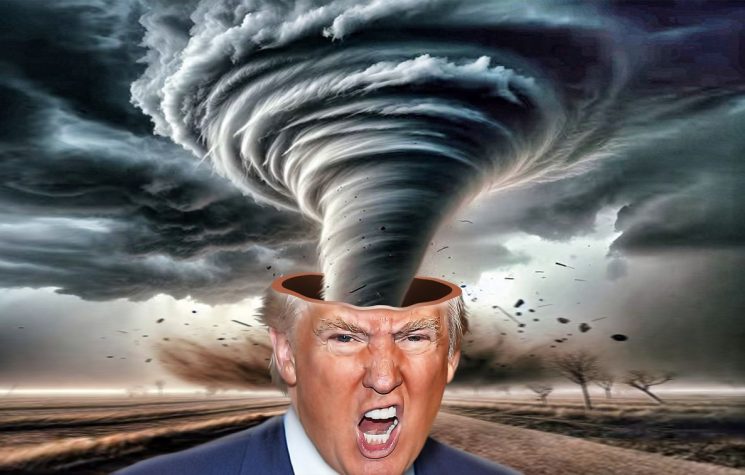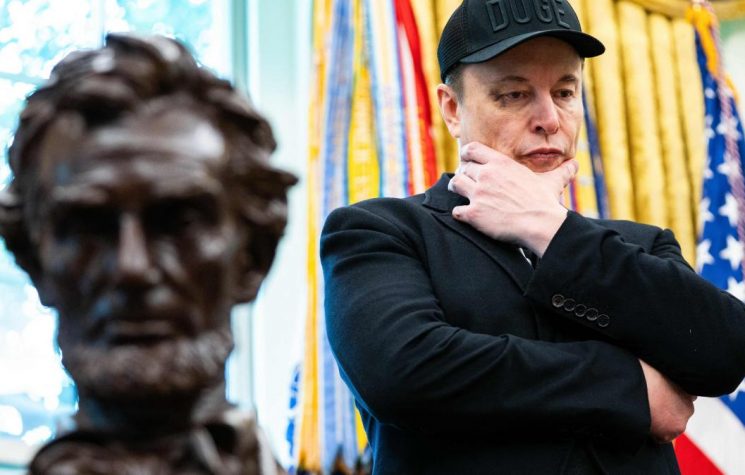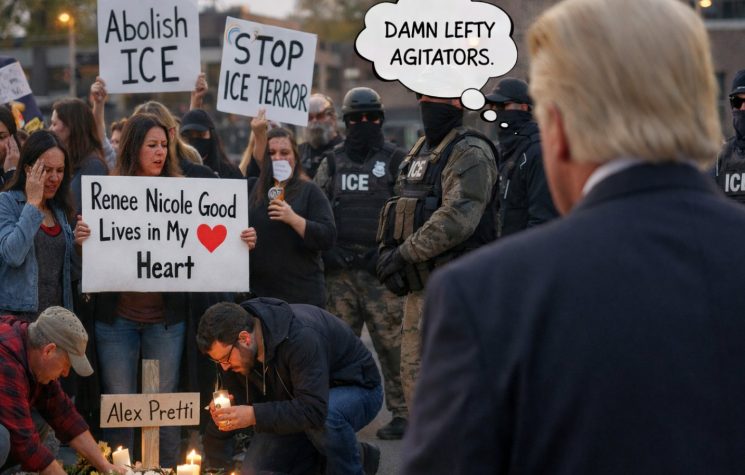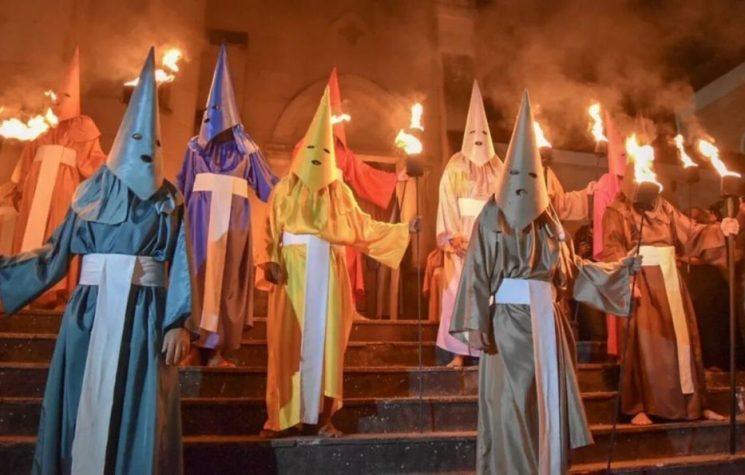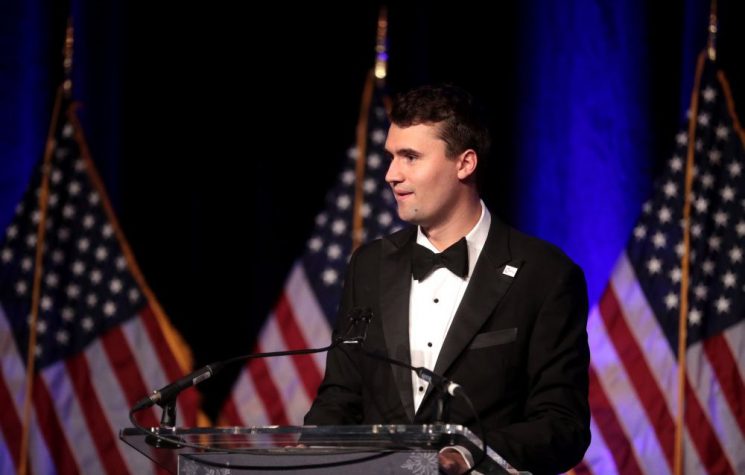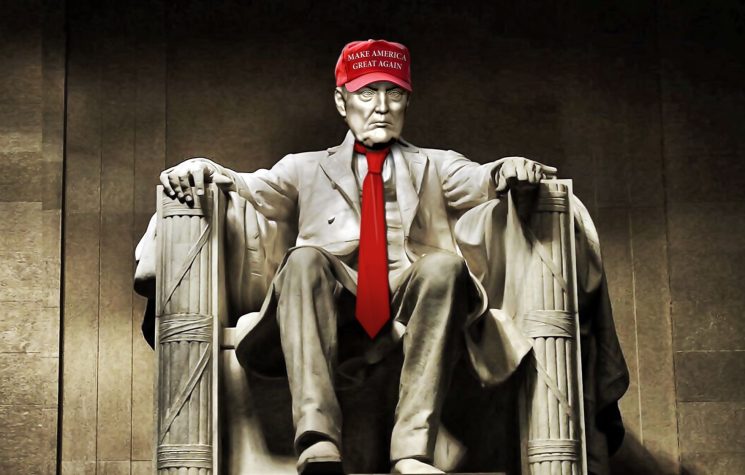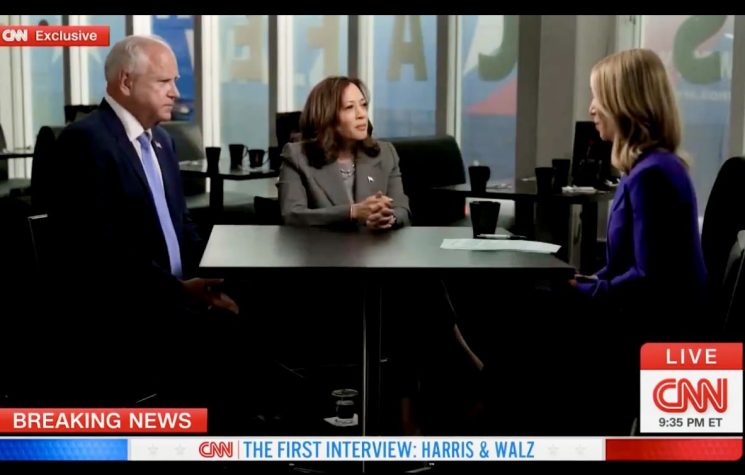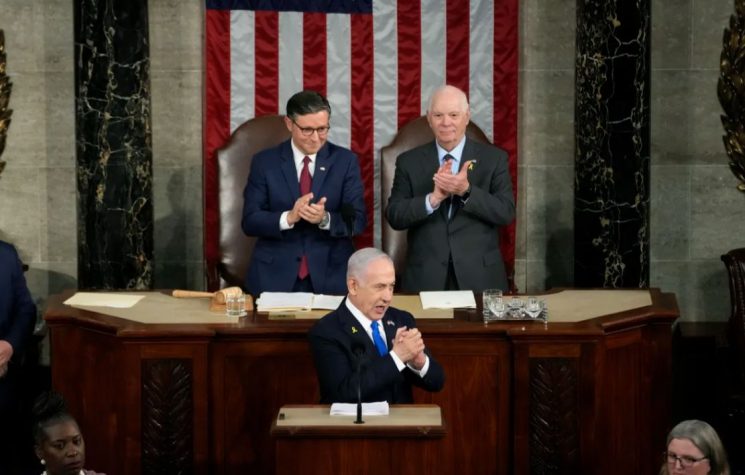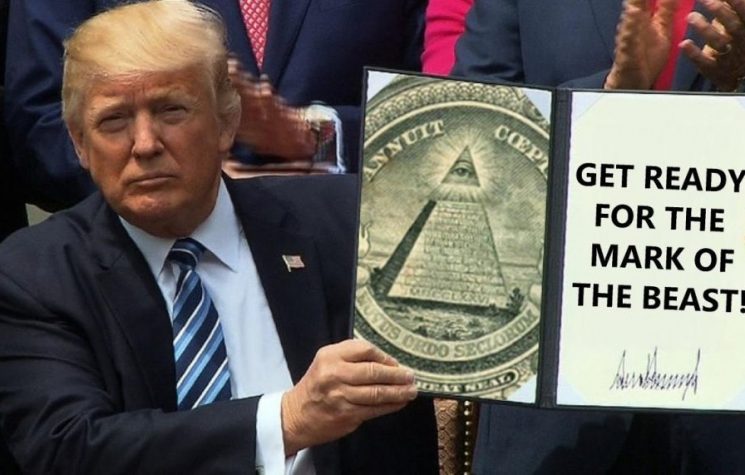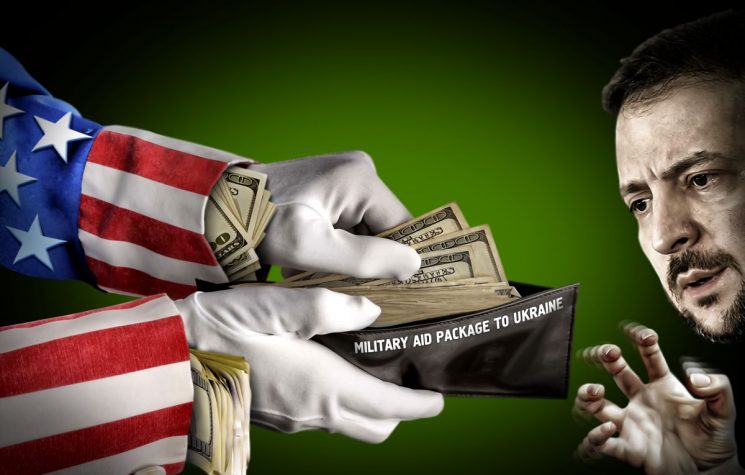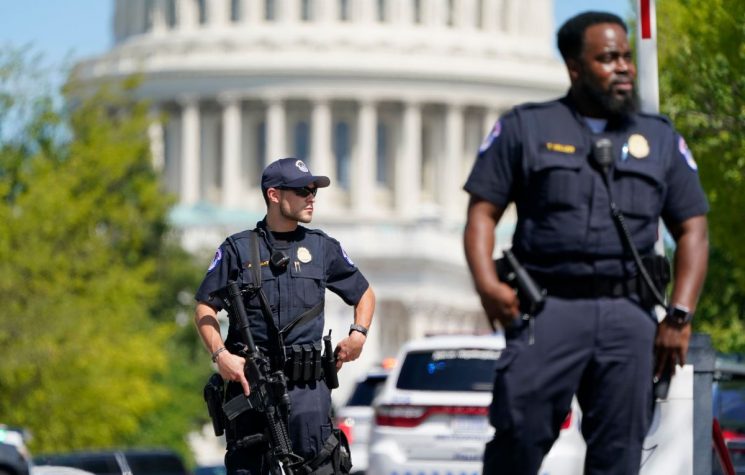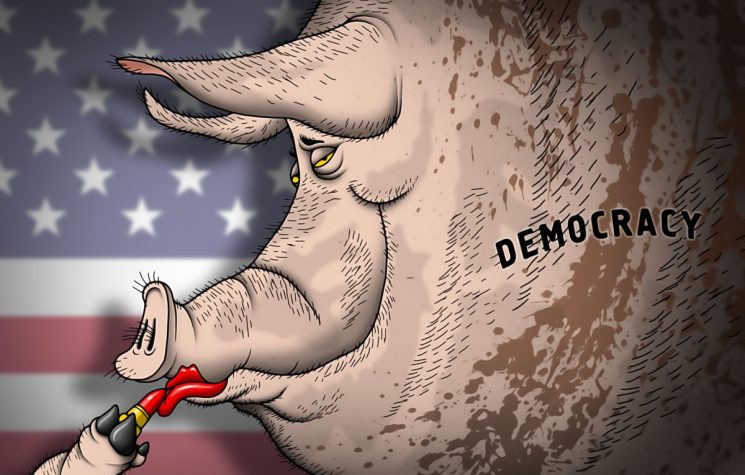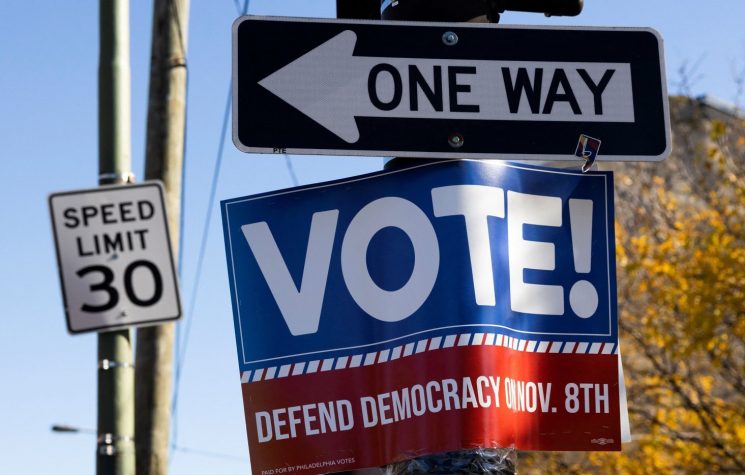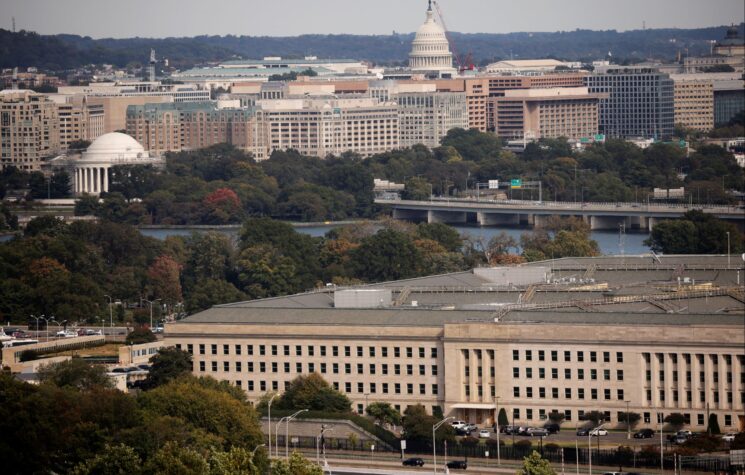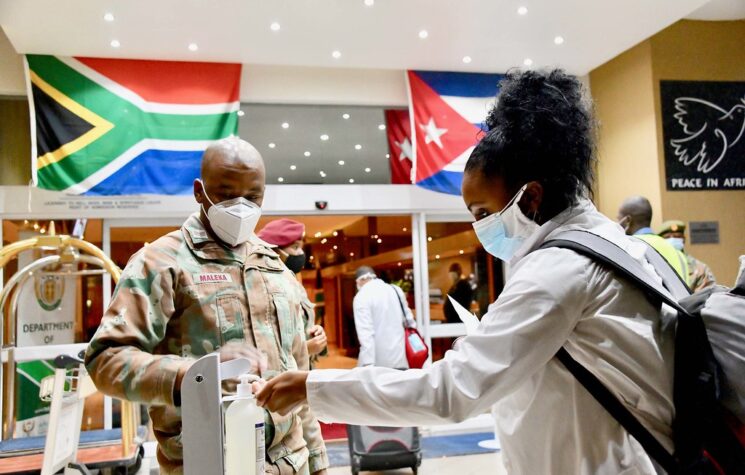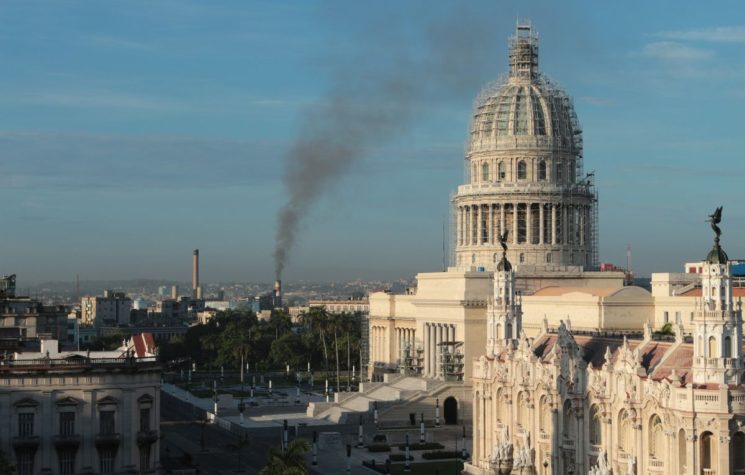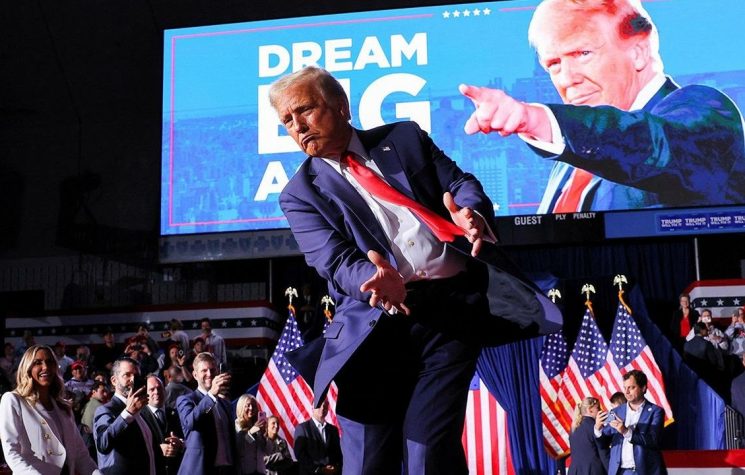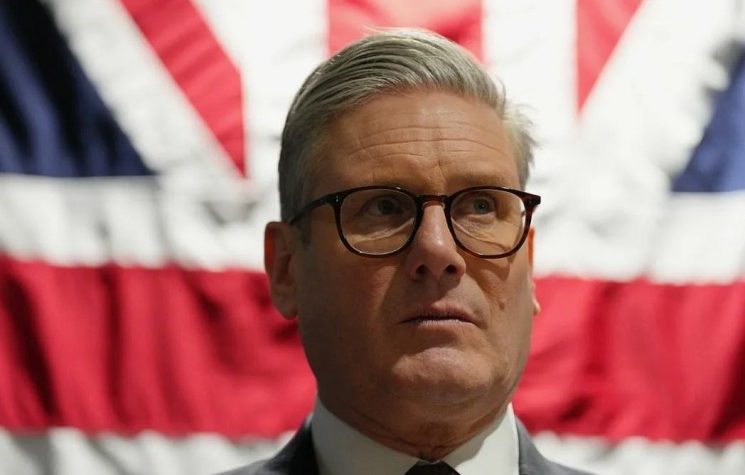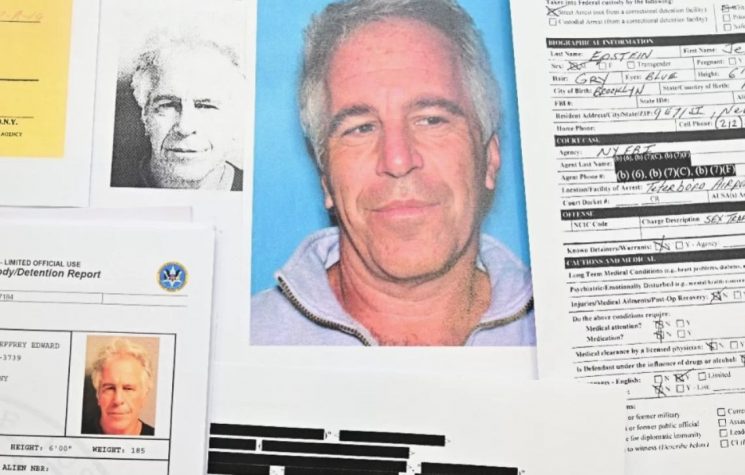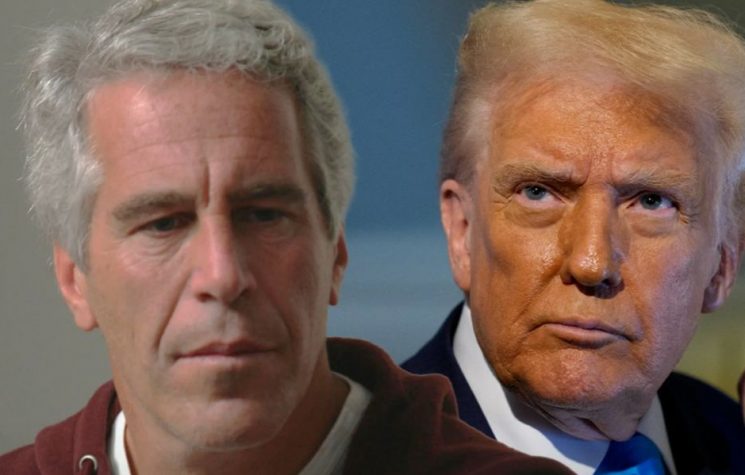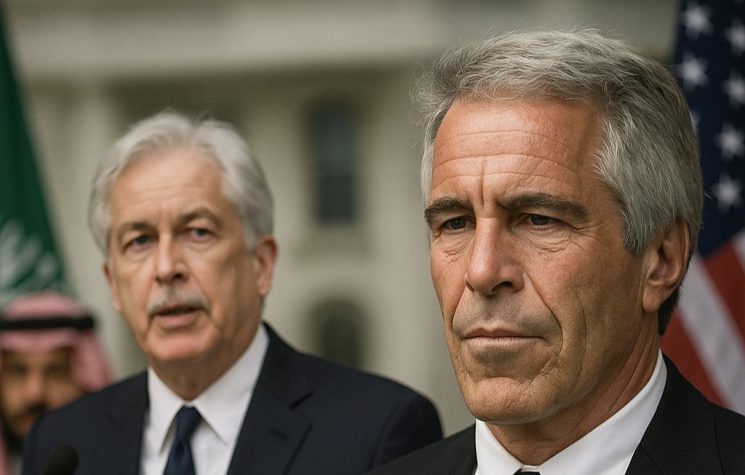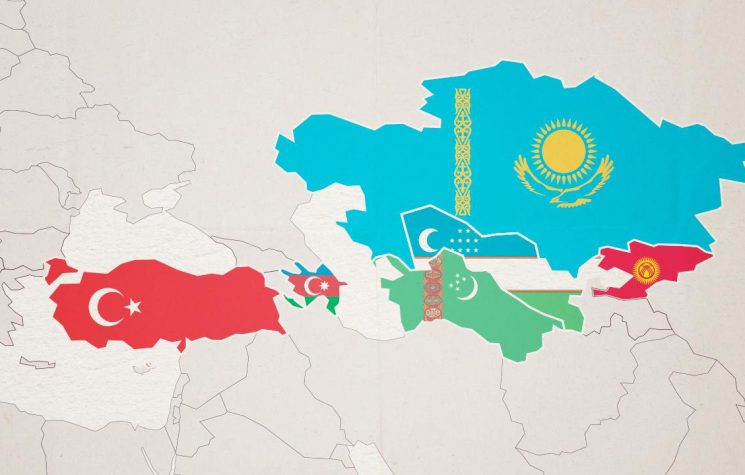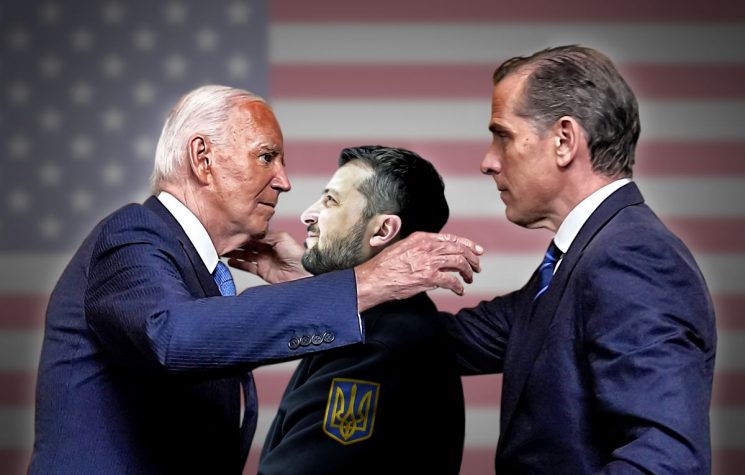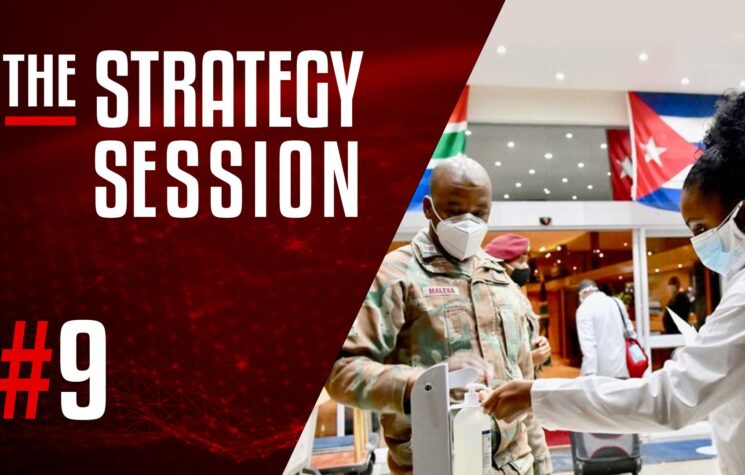Some weeks ago, the world woke up to the fact that World War III had just started without anyone being invaded or shots fired. It began when American President Donald J. Trump declared himself to be a “war president” in the fight against the coronavirus, an assertion that now has been followed by a claim that the disease is actually “…really the worst attack we’ve ever had. This is worse than Pearl Harbor. This is worse than the World Trade Center. There’s never been an attack like this,” Pearl Harbor was, of course, the Japanese sneak attack that brought the U.S. into World War II. Invoking the spirit of the war fought by America’s Greatest Generation in the Second World War, Trump has called upon “The people of our country should think of themselves as warriors.”
Fortunately for the U.S. military industrial complex, fighting COVID 19 has apparently not diminished the White House’s zeal to take on other, perhaps better armed and more serious traditional opponents. But of perhaps more interest is the different kind of conflict that has been initiated by the White House in attacking the United States Congress, which has been demonstrating the temerity to deny to the Chief Executive the inherent right to start a war against whomever he feels deserves a bit of “Made in U.S.A.” shock and awe.
This war fought in Capitol Hill in Washington is perhaps more significant than what is going on with coronavirus as its outcome will decide whether post 9/11 executive authority includes a president being able to attack another country that does not directly threaten the United States. Current legislation based on the War Powers Act of 1973 permits a president to respond to an imminent threat without the consent of congress, but the action thus initiated has to be terminated within 60 days. Any conflict lasting longer than that requires a declaration of war by Congress, as is stated in the Constitution of the United States of America.
Trump’s dissent relates to two attempts by Congress to specifically rein in U.S. involvement in the Saudi Arabian aggression against Yemen and also to preempt a possible attempt to attack Iran. On the Yemen resolution (S.J. Res 7), approved last March, the Senate voted 54-46 in favor followed by the House passing the same resolution by a vote of 248 to 177. The Iran resolution (S.J. Res 68), which had bipartisan support through a 55-45 vote in the Senate in February and a 227-186 vote in the House in March, finally reached the president’s desk last Wednesday. Both resolutions were immediately vetoed by the president.
The two resolutions would have limited Trump’s ability to continue an armed conflict or go to war without the specific authorization of Congress. In characteristic fashion, Trump called the latest iteration on Iran “very insulting,” and also criticized its Republican supporters Senator Rand Paul of Kentucky and Representative Matt Gaetz of Florida, accusing them of helping the Democrats in the lead up to November’s election. In an official statement explaining his veto, Trump stated that “The resolution implies that the President’s constitutional authority to use military force is limited to defense of the United States and its forces against imminent attack. That is incorrect. We live in a hostile world of evolving threats, and the Constitution recognizes that the President must be able to anticipate our adversaries’ next moves and take swift and decisive action in response.”
To be sure, President Barack Obama and his Secretary of State Hillary Clinton contrived to attack Libya even though it in no way threatened the U.S. To do so, the mission was initially framed as humanitarian in nature and NATO was subsequently involved in it so it could be framed as a collective action against a country that posed a potential security threat to the Mediterranean region. President George H. W. Bush and his son George W. likewise were careful to get United Nations authorization for the use of force in the two wars against Iraq and the latter also relied on 2002’s blanket Authorization for the Use of Military Force (AUMF) which permitted military action against the perpetrators of 9/11. The AUMF was later expanded to de facto include all “terrorist” groups. Most of those justifications were, of course, nonsense, frequently little more than contrivances based on fabricated intelligence to permit wars of aggression.
Donald Trump’s viewpoint on the authority of the president is somewhat less fastidious, though he has also cited the AUMF. He is currently involved in a litigation going to the Supreme Court over his claim of “temporary absolute immunity” regarding an admittedly politically motivated suit by the Manhattan district attorney to obtain his tax records. He has similarly embraced the idea that he, as commander in chief of the armed forces, can use them as a resource to conduct his foreign policy, an idea possibly put into his head by his belligerent Secretary of State Mike Pompeo. Conceding that he has that power would grant him de facto authority to intervene anywhere in the world any time based on any pretext. It also ignores the original War Powers Act and Article I Section 8 of the Constitution which gives the sole authority for declaring war to Congress.
Given his propensity to seek military solutions and his belief that he has the absolute authority to do so, Trump has not hesitated to attack Syria several times in spite of there being no imminent treat and his act of war/war crime assassination of Iranian Major General Qassem Soleimani in Iraq in January nearly ignited an armed conflict with Iran. Indeed, though Trump has been engaged in “maximum pressure” economic warfare against Iran for the past two years, he and his administration frequently claim that it is only being done to modify Iranian bad behavior.
As there is no chance that Congress will overturn Trump’s veto in an election year in which the Republicans will be counting heads and circling their wagons, we the American people are stuck with a president who believes that he has the authority to use military force as he sees fit. And “as he sees fit” is the danger as “restraint” is not exactly Donald Trump’s middle name. And one has to also recognize that there is another political reality at play. When things are going badly domestically, as with the coronavirus, a war can serve as a great distraction and a demonstration of strong leadership. Let us hope that no one puts that idea into Donald Trump’s head.












